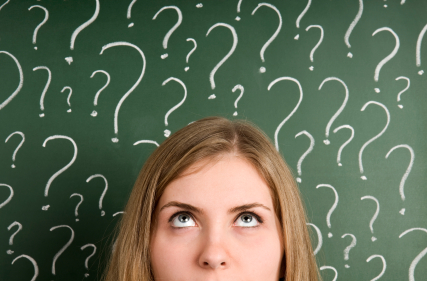High Impulsivity and Low Resilience Characterize Euthymic Patients with Bipolar Disorder
Resilience is the ability to cope with adversity. While its role in anxiety disorder, post-traumatic stress disorder (PTSD), and unipolar depression has been investigated, there have been few studies of resilience in bipolar disorder.
A recent study presented by B. Cha et al. at the 2014 meeting of the International Society for Bipolar Disorders found that even euthymic patients with bipolar disorder show low levels of resilience (as rated on the Connor-Davidson Resilience Scale). Patients with a history of prior bipolar episodes had greater impulsivity (measured on the Barratt Impulsion Scale) and lower resilience than participants in a control group. Impulsivity in bipolar disorder was associated with lower resilience. Higher Clinical Global Impressions (CGI) scores, greater number of prior depressive episodes, and more impulsiveness were associated with lower resilience scores.
Both high impulsiveness and low resilience may be trait-related phenomena even in patients who have recovered from bipolar disorder. Number of prior depressive episodes is also associated with more cognitive impairment on multiple tests of executive functioning, attention, learning, and memory. Therapy aimed at problem solving and coping skills might help build resilience.
Medicinal Herb May Help Cognitive Dysfunction in Bipolar Disorder
Many patients with bipolar disorder experience cognitive deficits that impede their recovery and that persist during times of wellness. In a double-blind placebo-controlled study by K. N. Roy Chengappa et al. published in the Journal of Clinical Psychiatry in 2013, the herb Withania somnifera (WSE, commonly called ashwagandha and sold under the name Sensoril) was significantly better than placebo at improving patients’ performance on three different cognitive tasks.
In the eight-week study, 53 patients took either 500 mg of WSE or placebo in addition to their regular medications.
The herb, which has traditionally been used in Ayurvedic medicine in India as an aid to resisting stress and disease, improved performance on digit span backwards (a test of short-term memory in which the subject must repeat a sequence of numbers backwards), Flanker neutral (a test of response time in which a subject must repress their instinct to give an incorrect response), and the Penn Emotional Acuity Test (which requires subjects to correctly identify facial emotions depicted in photographs).
Mood and anxiety levels were not different for the group taking WSE and the group taking placebo.
The researchers hope to continue their investigation of WSE with larger and longer-term studies that will explore the effects of different doses of WSE.
Dopamine D2 and D3 Agonist Pramipexole May Enhance Cognitive Function in Bipolar I Disorder
Anil Malhotra from the Zucker Hillside Hospital found that pramipexole (Mirapex), a dopamine D2 and D3 agonist used in the treatment of Parkinson’s disease, improved measures of processing speed and working memory in euthymic bipolar patients (whose average age was 42) when compared with placebo in an adjunctive clinical trial.
Editor’s Note: Bipolar patients in a euthymic phase have consistently been shown to have some degree of cognitive dysfunction that is typically correlated with the number of prior depressive and/or manic episodes they have experienced. This is one of the first studies to directly target this cognitive dysfunction with a pharmacotherapeutic agent.
Pramipexole may be of additional value among depressed patients, because in two small, placebo-controlled studies, one led by Carlos Zarate at the National Institute of Mental Health and one led by Joseph F. Goldberg in New York, pramipexole has been shown to exert acute antidepressant effects in bipolar patients in the depressive phase of the illness. The new data from Malhotra raise the possibility that there could be a two-for-one benefit when pramipexole is used in the depressive phase of bipolar illness—improvement in both depression and cognition.




